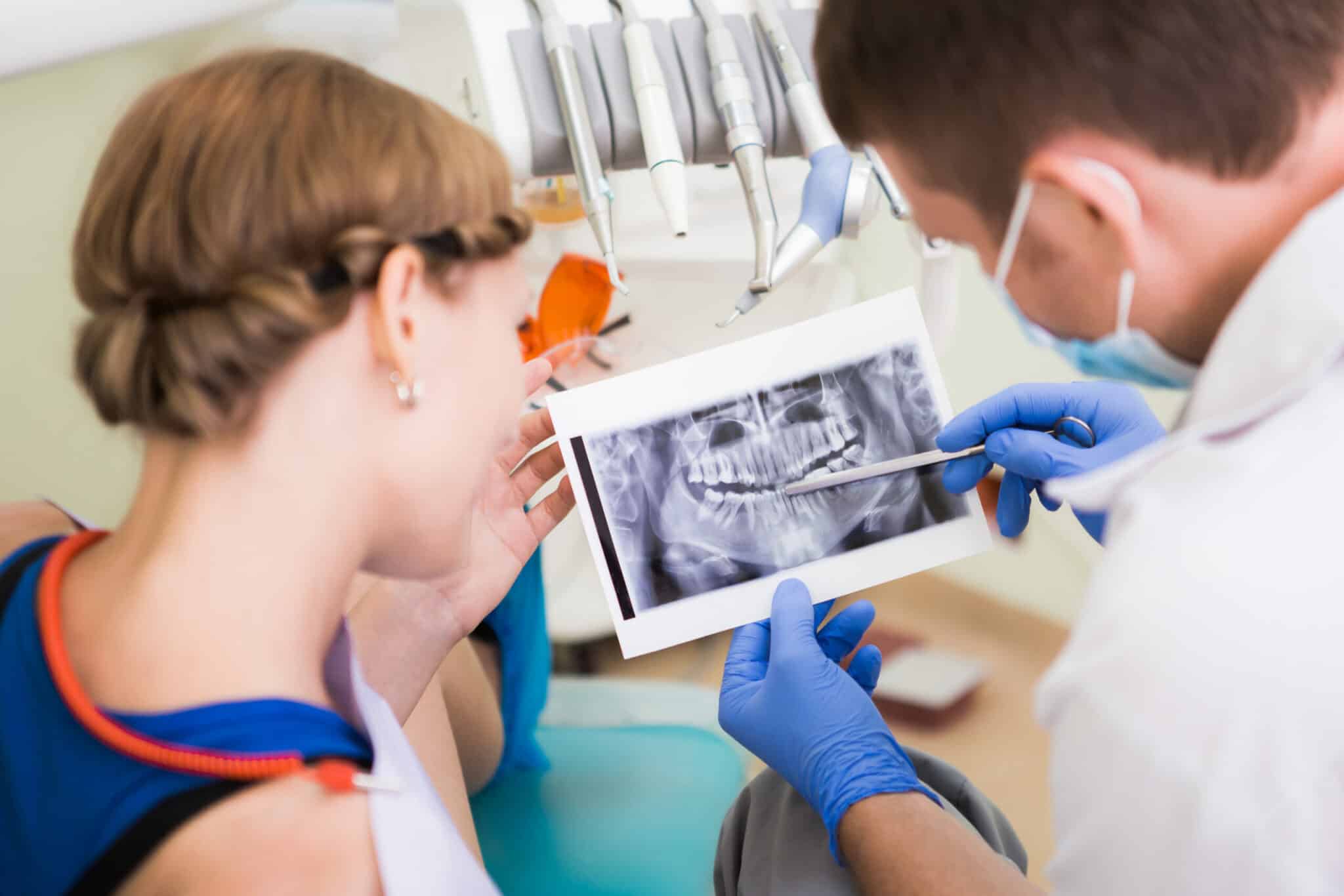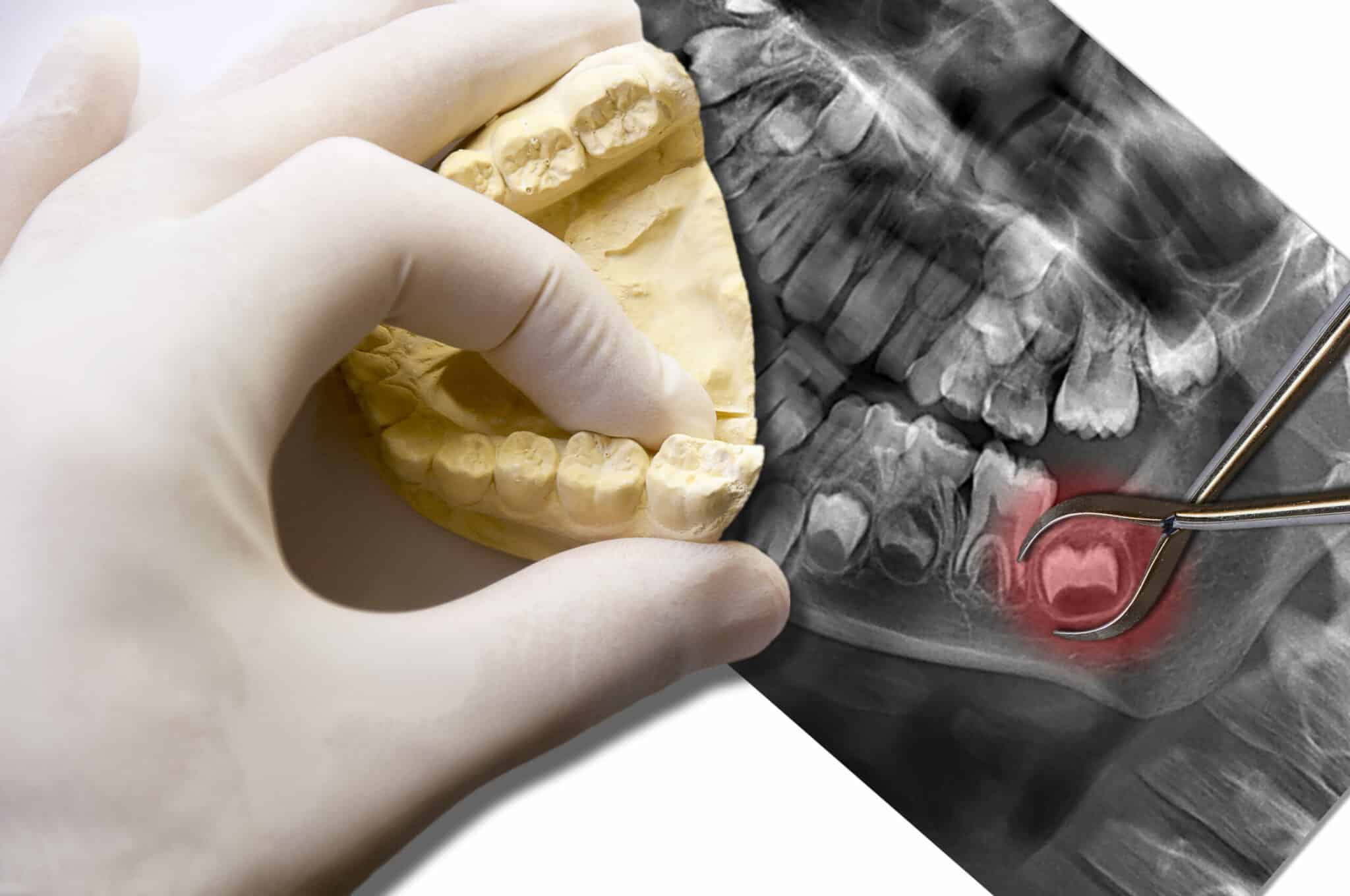





Wisdom tooth extractions are common, as most people do not have enough room in their mouths for them or have other complications. The procedure is the same as for other dental extractions. Your dental surgeon will have a consultation with you, to explain the exact process needed for your case and the reasons an extraction is required. Sedation and local anesthesia will be used for the procedure, to minimize any discomfort.
If your tooth is completely erupted, a simple extraction may be done. Forceps are used to pull the tooth, either in one whole piece, or to make it easier to remove, broken down into a few pieces. Since wisdom teeth are commonly impacted, however, a surgical extraction is often needed. For wisdom teeth surgery, an incision will be made in the gum line, and any bone covering the tooth will be removed before the actual tooth removal.
You may be stitched or sutured. A gauze pad for you to bite down on and stop the bleeding will be given. Some bleeding and swelling is normal for the first couple of days. An ice pack will help during this early stage.
Any discomfort should be manageable with the prescribed or recommended OTC pain medication. You may also be prescribed antibiotics as a precaution. Contact your dentist immediately if you have severe pain or swelling that doesn't decrease or starts to increase, or if you have numbness or tingling sensations. You won't be able to brush around the extraction site, but you should keep it clean with salt water rinses. Your oral surgeon will give you full instructions on care.
You may have heard a dentist say it's important to save a tooth whenever possible and avoid extractions. While keeping your natural teeth is best in most cases, wisdom teeth can create significant issues in some cases. If you have enough room in your mouth, and there are no complications that will damage surrounding teeth or cause other issues, your oral surgeon won't recommend a wisdom tooth extraction.
Wisdom tooth removal is only done to prevent issues. Impacted wisdom teeth can push on and grind nearby teeth, causing damage and cavities, misalignments, and possibly leading to gum disease and bone loss. Impacted teeth are at higher risk of infection and decay, because they are nearly impossible to clean fully, and infection can spread. A cyst formation or tumour is also possible.